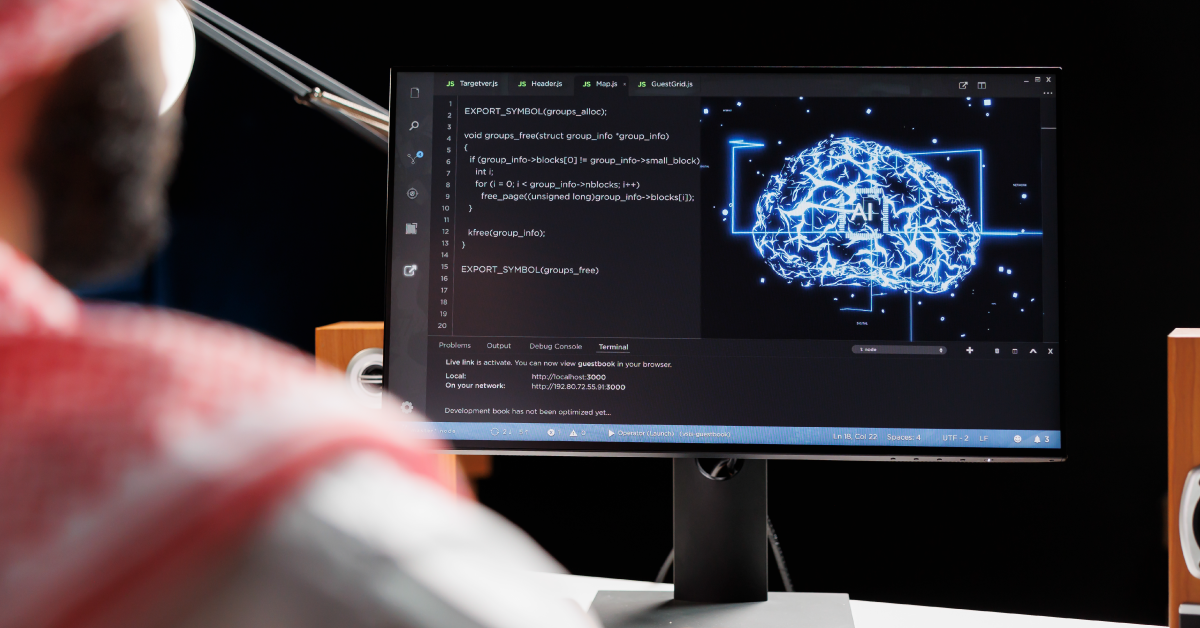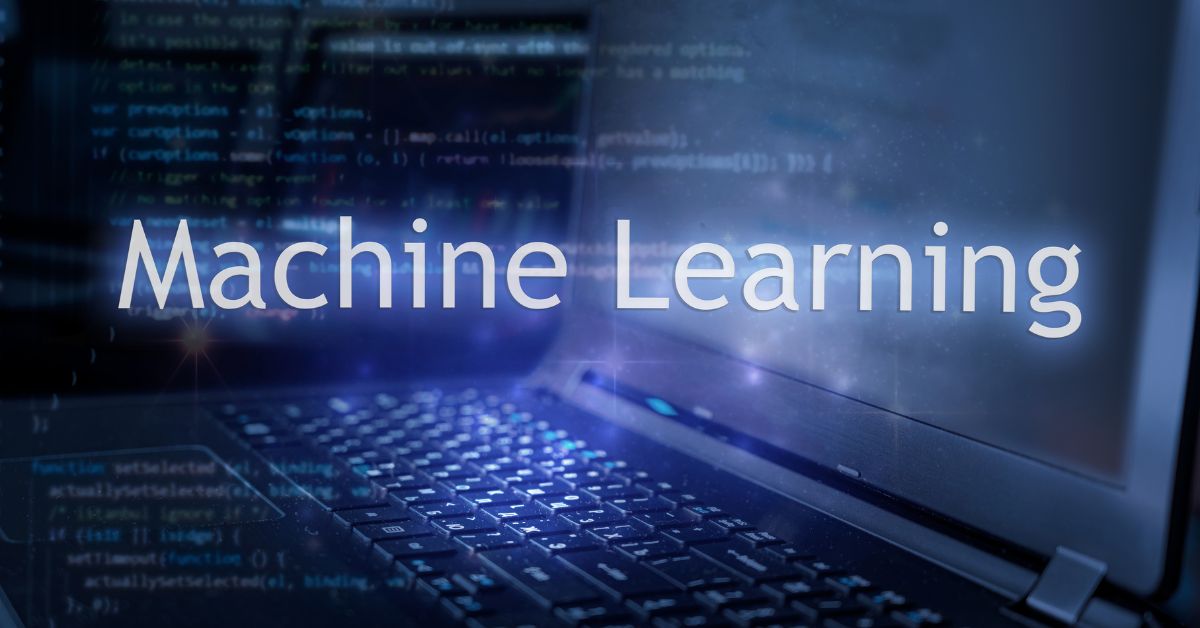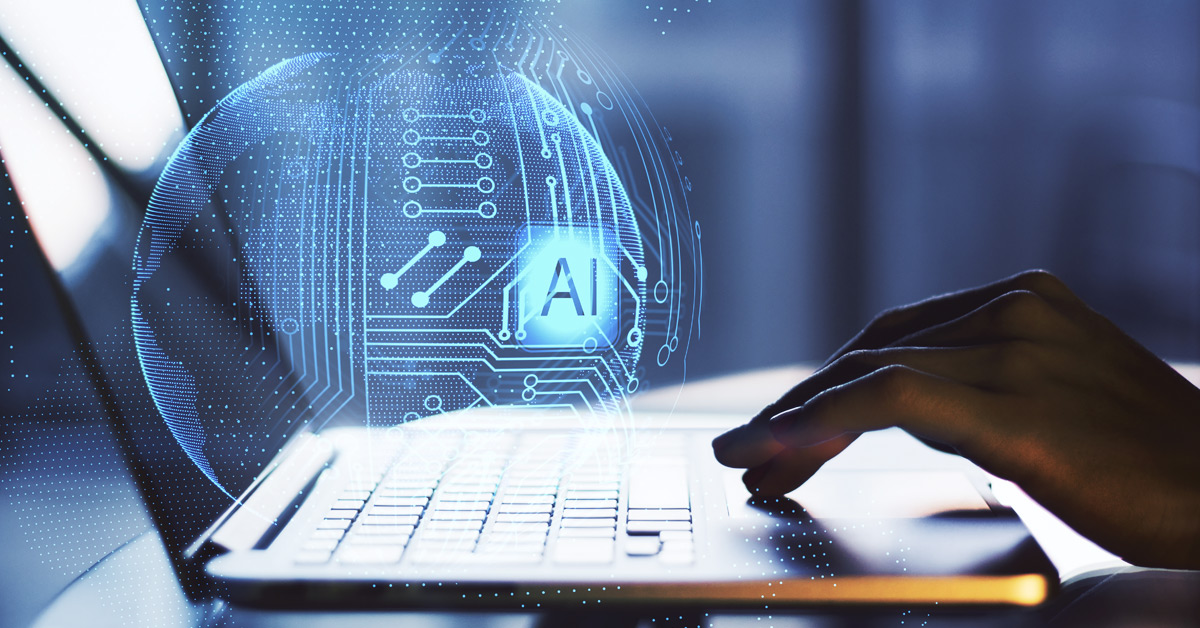Integrating Machine Learning with Quantum Computing

5 min read
Technology is developing to an extent that has never been seen before, and combining quantum computing and machine learning is pushing the boundaries of creativity. Quantum computing and machine learning (ML) have come together due to the search for more potent and effective computing. Imagine using quantum mechanics with artificial intelligence to solve difficult issues previously thought unsolvable. Join us as we get into the fascinating intersection of these two advanced technologies and explore the endless possibilities that lie ahead.
Basics of Machine Learning & Quantum Computing:
One area of artificial intelligence (AI) is machine learning (ML), which focuses on creating algorithms and statistical models that enable computers to perform specific tasks without explicit instructions. Instead, these systems learn and make decisions based on patterns and inferences derived from data. ML encompasses a variety of techniques, including neural networks, decision trees, and reinforcement learning, each customized to understanding complex data structures and making intelligent predictions or decisions based on inputs.
Quantum computing radically processes information in different ways, utilizing the ideas of quantum physics. At its core, quantum technology uses quantum bits, or qubits, which, unlike classical bits that are either 0 or 1, can exist simultaneously in multiple states through the phenomenon of superposition. Quantum computing stands out for its potential to perform complex calculations much more quickly than the best supercomputers available today, promising breakthroughs in cryptography, materials science, and complex system modeling.
Can Quantum Computing Be Used for Machine Learning?
Integrating quantum technology into machine learning is not just a possibility; it’s a burgeoning reality that promises to redefine the capabilities of AI systems. The foundation of quantum computing is quantum mechanics, leveraging phenomena like superposition and entanglement to perform computations at speeds unattainable by classical computers. This quantum advantage can significantly enhance machine learning algorithms, particularly in processing vast datasets and solving complex optimization problems more efficiently.
Quantum Speed-up in Machine Learning Algorithms:
Quantum computing technology offers a ‘quantum speed-up’ for specific machine learning tasks. For instance, quantum algorithms can expedite the training of machine learning models by quickly sifting through massive datasets, identifying patterns, and making predictions with a level of efficiency that classical computing struggles to match. This capability is especially pertinent in fields like drug discovery, climate modeling, and financial modeling, where the capacity for analysis and insight-gathering from large volumes of data can lead to innovations.
Is Quantum Machine Learning the Future?
The potential of quantum machine learning (QML) stretches beyond mere speculation—it heralds a future where the combination of quantum technology and machine learning algorithms unlocks unprecedented possibilities. Quantum machine learning can solve some of traditional AI’s most persistent challenges, such as handling complex, multidimensional data and scaling AI systems to tackle more complicated problems.
Bridging Complex Systems with Quantum AI:
The connection between quantum computing and artificial intelligence, or quantum AI, is set to change how we approach tackling complex system problems. By harnessing the inherent capabilities of quantum bits (qubits) to exist in multiple states simultaneously, quantum AI can perform calculations that would take classical systems years in mere seconds. This leap in computational power and speed makes quantum machine learning an invaluable tool in advancing research and innovation across various scientific and industrial domains.
The Potential of Integrating Machine Learning with Quantum Computing:
Integrating machine learning (ML) with quantum computing is like combining the power of a super-fast brain with an incredibly vast library, offering the chance to speed up how we solve big problems and make decisions. This powerful mix could make computers learn things faster, solve super complex puzzles like planning the best routes for delivery trucks, or figure out new medicines quicker than ever before. It’s all about making algorithms run faster and tackle jobs too tough for regular computers, like predicting stock market changes super accurately or customizing medical treatments for each person’s unique needs. Though we are still figuring out how to make all this work smoothly in the real world, the possibilities are huge, promising a future where these technologies change everything from how we get around to how we stay healthy.
Applications of Integrating Machine Learning with Quantum Computing:
Merging machine learning with quantum computing will change many industries by making computers smarter and faster. For example, in medicine, this combo could speed up how we find new drugs, making it quicker to respond to diseases. In finance, it could help predict market changes more accurately, helping businesses and investors make better decisions. It could also lead to better climate forecasts, helping us better understand and prepare for environmental changes. Additionally, this powerful mix could improve everything from how goods are delivered to making routes more efficient and strengthening online security. By combining the problem-solving abilities of machine learning with the super-fast processing of quantum computing, we are looking at a future where we can tackle some of the biggest challenges more efficiently and come up with solutions we have yet to think of.
The Exciting Future of Integrating Machine Learning with Quantum Computing:
The future of combining machine learning (ML) with quantum computing is incredibly promising, marking the start of a new technological era. This combination is expected to greatly speed up how we process huge amounts of data and resolve complicated issues that are now too challenging, like creating new medicines faster or making more accurate climate predictions. Although we face challenges like building more reliable quantum systems and addressing ethical concerns, the potential benefits are vast. From personalized medical treatments based on our genetic makeup to strategies for protecting our environment, the fusion of ML and quantum computing could lead to significant advancements across many areas of our lives as long as we continue to innovate and tackle these challenges head-on.
Conclusion:
The journey of integrating machine learning with quantum computing is at its nascent stages, yet it is controlled to get the next wave of advancements in technology and science. At the beginning of this fresh era, the collaborative power of quantum technology and machine learning algorithms beckons a future brimming with potential. From transforming data analysis to enhancing predictive modeling, the union of these two fields promises to unfold a new era of quantum artificial intelligence- a future where the boundaries of what’s possible are continually expanded. As researchers and technologists forge ahead, the integration of machine learning with quantum technology marks a significant milestone in our technological progress and lights the path toward a future where the mysteries of the quantum and the digital worlds unite.
FAQ:
1. What is Quantum Computing?
Quantum computing uses quantum bits or qubits and harnesses the unique properties of quantum physics to perform complex calculations more efficiently than traditional computing.
2. How Does Machine Learning Benefit from Quantum Computing?
Machine learning benefits from quantum computing through significantly faster data processing and analysis capabilities. It can enhance the efficiency of algorithms, especially in tasks like pattern recognition, optimization, and predictive modeling.
3. Can Quantum Computing Solve All Machine Learning Problems?
While quantum computing offers immense potential, other solutions exist for machine learning challenges. It particularly suits solving specific types of problems involving large datasets and complex calculations.
4. What Are Some Potential Applications of Integrating Machine Learning with Quantum Computing?
Applications include:
- Drug discovery by simulating molecular interactions,
- Financial modeling through improved market prediction algorithms,
- Climate simulations by processing complex environmental data and
- Medicine customizes to suit specific genetic profiles, providing personalized treatments.
5. What Are the Main Challenges in Integrating Machine Learning with Quantum Computing?
Key challenges include:
- The technical difficulty of building stable quantum systems,
- Integrating these systems with existing machine learning frameworks and
- Ethical considerations related to data privacy and the potential misuse of powerful quantum AI systems.
Published: April 30th, 2024





